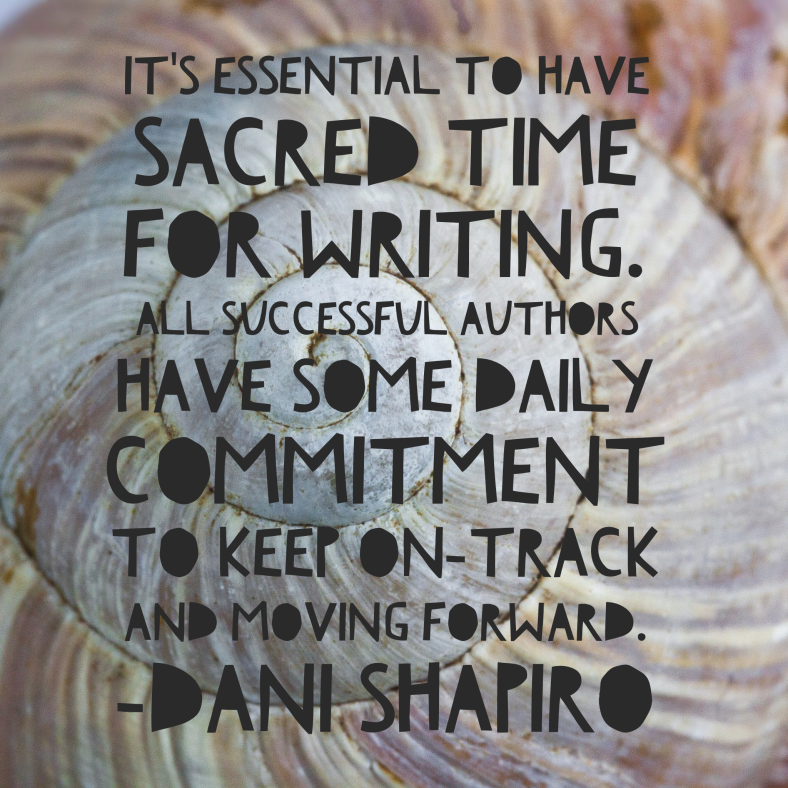I try. I really do.
Some ideas on how to create a writing routine.


For whatever reason you’ve had a break from writing. Perhaps life happened, you had a holiday, you felt burnt out or were just sick of your own words. Writing breaks can be good as they can:
But how do you get back into it? The page seems daunting. You re-read what you wrote before and you aren’t sure if you can write that well again (It was a fluke. Not!). Or perhaps you don’t like what you wrote and it hits you that there’s more rewriting to be done.
Here are some ways to get back into it:
Don’t forget to have fun. You write for a reason, because you want to, you need to. Remember and honour that.

Should you write multiple books at the same time? Perhaps you have ideas and characters bursting out of you. Or you have two or more stories of equal importance.
I believe it’s possible under some circumstances to write two manuscripts at the same time, but with some clear boundaries.
That said, there are circumstances where your writing energy would be better spent getting one project to a certain finished point first. How do you know?
If you can’t stop yourself from writing more than one book at a time, here are some guidelines:
But if like many people working on two manuscripts means you’re diffusing your energy, there are ways you can keep your non-priority project alive.
Good luck fellow writers. Remember, never never never give in. Keep on learning and improving.

I’ve been tussling with this one for a while. Some people are happy writing when the mood takes them and produce plenty of work they’re satisfied with. Others find weekly word quotas work for them. I thought I was one of those people. But if that’s the case, why did I struggle to get back into my manuscript after a weekend break?
Over the last two weeks I’ve attempted to write every day, which I largely managed except for one day. Here are the things I discovered:
The other point about writing being a committed relationship is that if you treat it well like you would a loved partner, your writing becomes less like work and more like fun. With your story and character connection strong, you’re happier to nurture and spend time with them. This has to be a productive thing.

This is my very first post and I thought I would start with something that’s relevant to just about every writer. How to establish—and stick to—a writing routine.
People can have romantic ideals about writing. While your first draft of your first novel might be inspired and flow from you easily like water in spring down a stream because you haven’t yet let the critical editor in you take over, much of writing comes down to discipline, commitment and hard work. That’s perfectly normal so instead of blaming yourself for not being one of those naturally ‘inspired’ people, build a writing routine and see what happens. What have you got to lose?